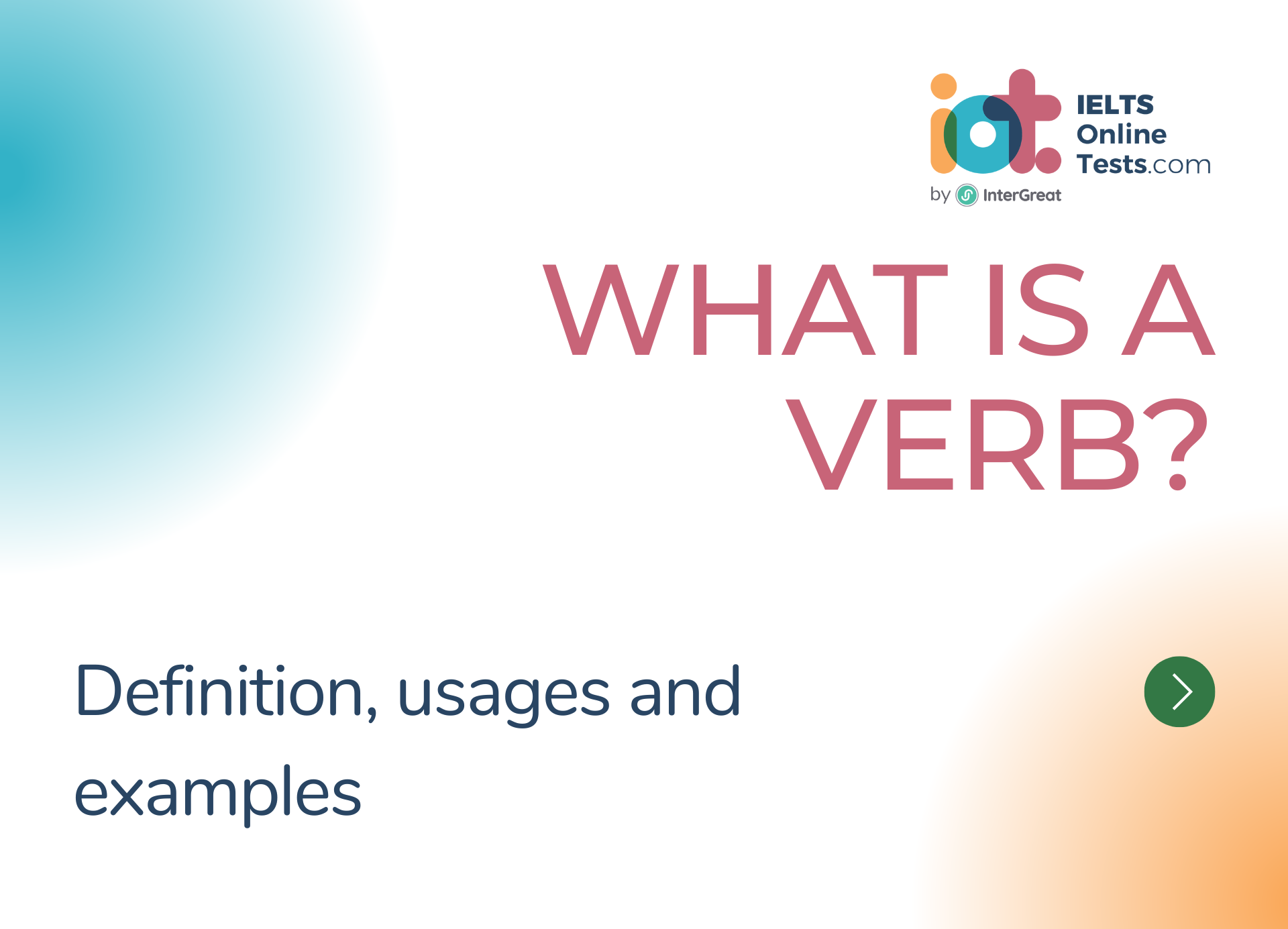
What is a verb in English?
Verbs are an essential part of the English language. They are words that express actions, occurrences, or states of being. Verbs play a crucial role in constructing sentences and conveying meaning.
Here's a detailed overview of verbs:
Action Verbs: Action verbs describe physical or mental actions. They can be either transitive (requiring a direct object) or intransitive (not requiring a direct object).
- Transitive verb example:
- "She eats an apple." (The verb "eats" requires a direct object, which is "an apple.")
- Intransitive verb example:
- "He sleeps peacefully." (The verb "sleeps" does not require a direct object.)
- Transitive verb example:
Linking Verbs: Linking verbs connect the subject of a sentence to a noun, pronoun, or adjective that describes or identifies it.
- Example:
- "She is a doctor." (The linking verb "is" connects the subject "she" to the noun "doctor.")
- Example:
Helping Verbs (Auxiliary Verbs): Helping verbs assist the main verb in expressing tense, mood, voice, or aspect.
- Example:
- "I have been studying all day." (The helping verb "have" supports the main verb "studying" and indicates the perfect progressive aspect.)
- Example:
Modal Verbs: Modal verbs express attitudes, possibilities, obligations, or ability. They are used to indicate likelihood, permission, necessity, and more.
- Example:
- "You should study for the exam." (The modal verb "should" indicates advice or recommendation.)
- Example:
Verb Tenses: Verbs in English are used in various tenses to indicate when an action occurs—past, present, or future.
- Example:
- "She will go to the concert tomorrow." (The verb "go" is in the future tense.)
- Example:
Verb Agreement: Verbs must agree with the subject in terms of number and person.
- Example:
- "He plays the guitar." (The singular subject "he" agrees with the singular verb "plays.")
- Example:
Verb Phrases: Verb phrases consist of one or more verbs working together to convey meaning.
- Example:
- "They have been studying for hours." (The verb phrase "have been studying" indicates ongoing action.)
- Example:
Regular and Irregular Verbs: Regular verbs follow a standard pattern for forming their past tense and past participle by adding "-ed" or "-d," while irregular verbs have unique forms.
- Example of regular verb:
- "talk" (present), "talked" (past), "talked" (past participle)
- Example of irregular verb:
- "go" (present), "went" (past), "gone" (past participle)
- Example of regular verb:
Verb Voice: Verbs can be either in the active voice (when the subject performs the action) or the passive voice (when the subject receives the action).
- Active voice example:
- "He wrote the report."
- Passive voice example:
- "The report was written by him."
- Active voice example:
Understanding verbs and their various forms, tenses, and uses is crucial for constructing grammatically correct sentences and effectively expressing actions and states in English.




